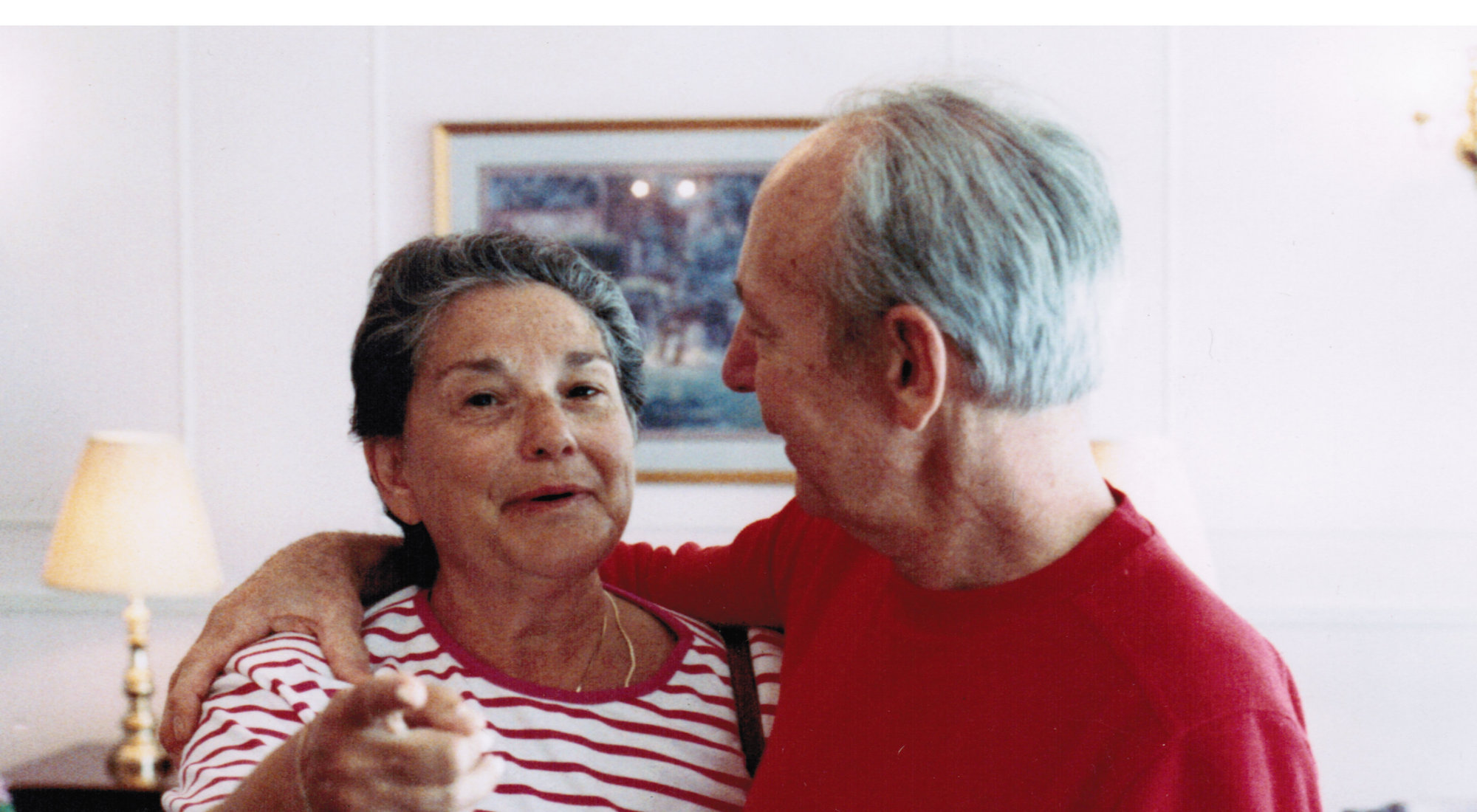The Washington Post recently published an article entitled Caregiving for a Sick Loved One Can Be Stressful, Harrowing, Depressing – And Rewarding. (The link to the article is provided at the end of this blog.).
The article demonstrates one of the founding principles of The Montessori Alzheimer’s Project: caregiving is a spiritual journey. This term spiritual may be interpreted in many ways, but for MAP, as we say in our book, it means that “Each time we establish meaning in our loved one’s life, we engender meaning in our own. This is a basic, fundamental spiritual component of living each and every day in the most positive uplifted way.”
For MAP, this spiritual journey is revealed in many ways:
- Caregivers love without the expectation or demand that they will be loved back, or that the love returned be shown in the same way as it once was.
- Caregivers give without the expectation or demand that they will receive. They help their loved one through the decline that accompanies dementia without concern about somehow being “repaid.” This is truly “Doing unto others as they would have done to themselves.”
- Caregivers forgive their loved one for past hurts as well as for recent hurts that are inflicted unknowingly as a consequence of the dementia. And at the same time, caregivers find it possible to genuinely forgive themselves for hurts that they may have inflicted in the years that preceded dementia’s onset as well as for those that they are currently unable to completely contain right now. They give back and repay in service to their precious loved one.
- Caregivers respond intuitively to the needs of the person for whom they are caring. These intuitions are based upon a deep knowledge of the person who has dementia, both as they are and as they were. And caregivers also constantly seek new understanding and new knowledge, expanding themselves as a person, and extending their ability to provide care.
- Caregivers understand that they cannot “know” what will happen today, nor control the day’s unfolding. To the extent possible, they maintain an acceptance of life, of living, and of caring that serves as their personal foundation. As their heart centers them, even though their world may dissolve temporarily into chaos, they strive to provide a safe harbor for their loved one.
- Caregivers find joy and laughter in the rewards that can be found in each day, and in the ability to take lightly the disappointments that also occur. The spiritual nature of caregiving is enriched by a caregiver who practices a slowness to anger, and the ability to find joy where others might not first see it.
- Caregivers seek the truth of each event as it unfolds. This search for truth supports the life and experiences of a loved one in decline. There becomes less and less fear of making a mistake. Spiritual caregiving understands that error provides its own lessons.
- Caregivers become less and less affected by the opinions of others. Caregivers must do what they think is right. They strive to be the person they must be to best support their loved one. They find their own inner compass and follow its guidance. Caregivers become more skilled at releasing themselves from relationships that do not serve their caregiving mission.
- Caregivers honor and accept the reality in which they find themselves. As Albert Einstein once observed: “There are two ways of looking at the world, one as if everything is a miracle, and second, as if nothing is”. Day-to-day caregiving reveals daily miracles – A face lighting up with joy for any reason… A tender thank you through word or action for love given … The serene contemplation of the world of nature that lies in a simple backyard garden.
- Caregivers serve with humility (a key Montessori principle), cherishing each opportunity to help and to support. The spiritual nature of caregiving is manifested by purposeful action each day. One counts one’s blessings with a sense of gratitude for the small miracles of that day and the opportunities that it offered. Humility is expressed through kind speech and gentle acts with gentleness.
- Caregivers find solace and renewal in moments silence that may be found each day. Caregivers seek time to reflect upon their days, to meditate upon all that has occurred, to build their resilience, and to take time for themselves wherever possible. Why? It is so that they can recharge, so that they can find renewed strength and self-assurance as they prepare for the caregiving needs that beckon on the horizon.
Greg MacDonald
https://www.washingtonpost.com/health/caregiving-for-a-sick-loved-one-can-be-stressful-harrowing-depressing–and-rewarding/2019/09/27/dbb41cf4-c918-11e9-a4f3-c081a126de70_story.html
